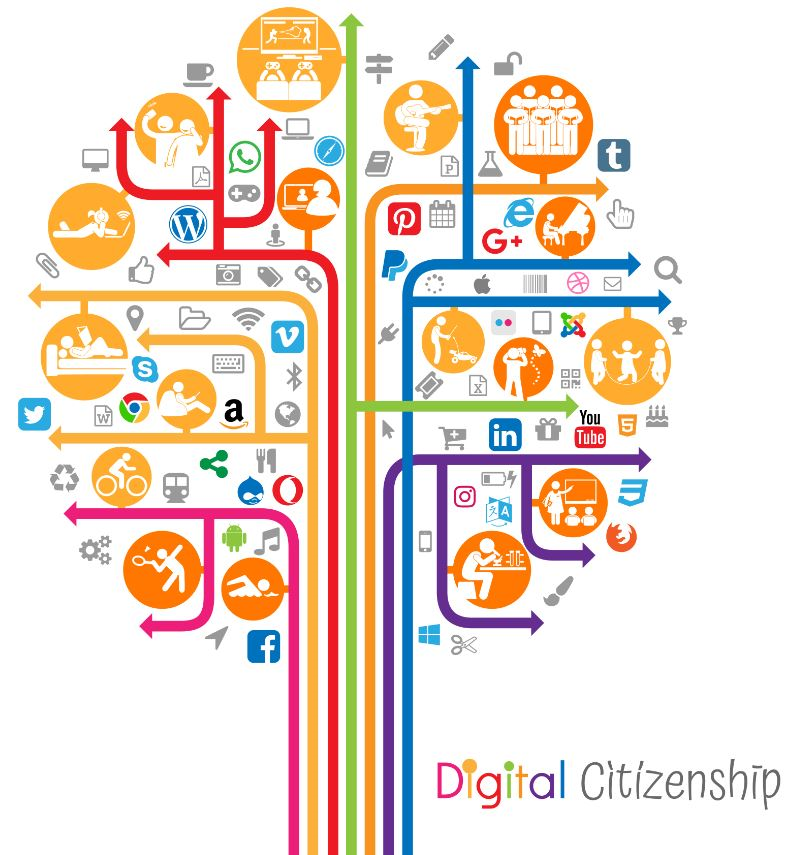
We are a team of researchers from the University of Hong Kong and the Hong Kong University of Science and Technology conducting a research project titled "Learning and Assessment for Digital Citizenship". This project aims to explore ways to understand and support students' development into citizens who can contribute positively to social well-being in an increasingly technology-intensive and globally-connected world. We will share with the public our findings on digital citizenship development from childhood to young adulthood, which will inform education policy and curriculum development in schools.
To develop a theoretically robust and empirically grounded conceptual framework and benchmarks for digital citizenship from childhood to early adulthood that encompass the cognitive, metacognitive, social and affective learning outcomes important for personal and social well-being and establish a technology infrastructure that can be used for the cumulative construction of effective models of formal and informal learning at home and in schools for the facilitation of digital citizenship.
This project has five inter-related goals:
The e360 (2022) is underpinned by the understanding that teaching and learning opportunities and outcomes during (and after) the fifth wave of school suspension is influenced by a comprehensive range of factors (or enablers) at the school, teacher, parent, and student levels. These factors then affect intermediate outcomes at different levels (school, teacher, parent, and student) and distal student outcomes that include learning and wellbeing. Students’ digital literacy is expected to moderate the relationships between the intermediate outcomes and distal student outcomes in view of the ubiquitous use of home-based online learning during the school suspension. The conceptual framework maintains the ecological perspective that informed the e360 but also incorporates a more nuanced understanding of the multilevel factors based on findings from the e360 analyses. The e360 (2022) is designed to build on and enhance the maiden e360 project in three ways, namely the focus on investigating students’ digital learning (namely, digital literacy) as an important protective factor, examining students’ wellbeing (comprising mental health, cognitive-emotional regulation, cyberbullying victimization and perpetration, and digital resilience) and learning at a deeper level, and analyzing relevant self-evaluation data available in schools. A survey study, based on this framework, will be conducted after schools reopen.
The e360 (2022) aims to
The eCitizen Education 360 research team led by Prof. Nancy Law, Deputy Director of the Centre for Information Technology in Education of the Faculty of Education, the University of Hong Kong, carried out a comprehensive 360-degree survey study in order to find out what are the challenges, wellbeing issues and status of learning outcomes during and after school suspension in primary and secondary schools, support at home, and the most urgent needs and actions after school resumption.
Participating schools are distributed over a wide geographic area including nearly all of the 18 districts in Hong Kong, encompassing government, aided, Direct Subsidy Scheme (DSS) and private schools. The study adopted a multi-level survey-based design in order to get a comprehensive 360 degree understanding of how school and family conditions contribute to the learning experiences and outcomes of students before, during and after the school suspension.
Study findings have been released in stages under five themes, each serving as a focal point for collective action from supporting partners in different sectors: education, parent organizations, social work, education technology, and charities. These community efforts have contributed to the learning and well-being of students during the periods of school suspension and resumption, demonstrating positive advances and new possibilities in digital learning in an age of uncertainty, along with the power of evidence-based collaborative community action. New challenges have also emerged that need to be addressed to put forward action and policy recommendations for different stakeholder groups to coconstruct a Better New Normal.